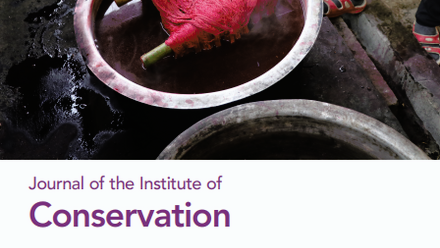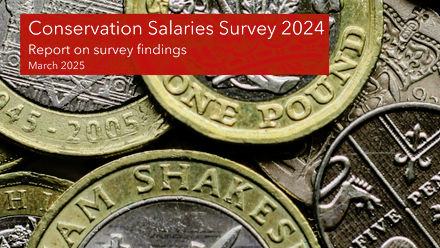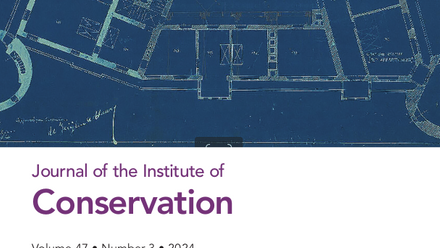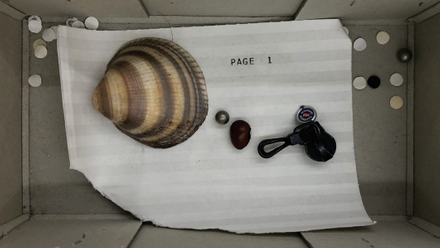Call for submissions for a Special issue of the Journal of the Institute of Conservation: Disaster & Distress
The Journal of the Institute of Conservation is seeking Full Articles and Shorter Notices for a special issue of the Journal planned for October 2023 to explore issues of resilience, trauma and distress in the face of both contemporary and historic disasters and injustices.
The conservation community has been a witness to many large-scale crises all of which continue to have devastating impacts on lives, communities and cultural heritage they value. Disasters have many causes and take many forms from hurricanes to war, from climate change to human error, the consequences of which are felt by communities and individuals, many of whom are already dealing with the multiple effects of historic injustices and disasters.
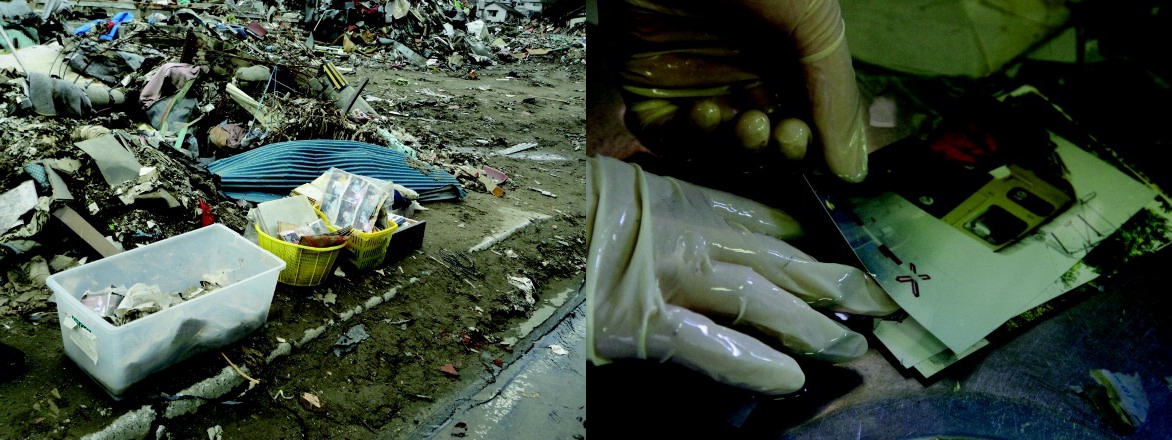
Such trauma and distress have generated many kinds of healing responses aimed at helping the individuals and communities affected, with sustainable recovery defined around actions taken by communities and agencies to alter their cultural, socio-economic, and natural environments to improve conditions beyond pre-disaster times. These strategies of 'building back better' necessarily extend into helping to re-assert cultural identity through caring for the heritage of those suffering trauma and distress. While such strategies are complemented by efforts in risk reduction, supporting resilience is important to the contemporary condition of frequent and intensive local disasters and recording cultural testimony helps bear witness to wrongs both in the past and present.
For this special issue of JIC, we ask for article submissions that look toward novel frameworks and methodologies for conservators to help strengthen cultural resources in times of crisis.
Topics of interest include (but are not limited to):
- integrating cultural heritage conservation as a response to community distress and trauma
- re-asserting cultural identity through community-led conservation actions
- development of novel response and remediation strategies
- emergency- or disaster-related knowledge management methodologies
- harnessing data to facilitate disaster recovery and risk management
- extracting actionable insights from data to support conservation decision-making
- initiatives for citizen participation in cultural rebuilding
- fairness, accountability, and transparency in conservation responses to emergency
- strategies for recompense for historical injustices including repatriation
- successful applications of disaster management and response systems
All those directly and indirectly involved or who identify with the preservation of cultural heritage are encouraged to contribute to this special issue of the Journal.
The Journal seeks to represent the diversity of views of those involved in the practice, theory, and politics of conservation and welcomes scholarly treatments, research and case studies that encompass themes relevant to the special issue.
Potential authors are invited to submit a short (250 words) Expression of Interest/synopsis for consideration by the Editorial Panel to [email protected] by 30th October 2022.


